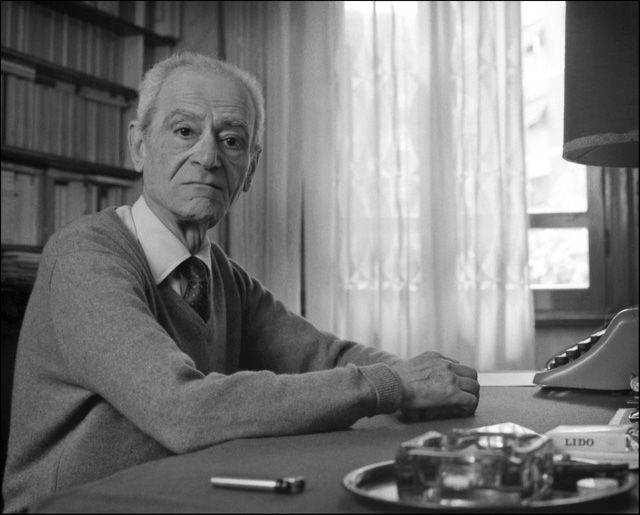
Gwyneth Lewis
da Impronte, poesia gallese contemporanea, cura e traduzione di Giorgia Sensi, prefazione di Patrick McGuinness, Mobydick, 2007
A Poet’s Confession
“I did it. I killed my mother tongue.
I shouldn’t have left her
there on her own.
All I wanted was a bit of fun
with another body
but now that she’s gone –
it’s a terrible silence.
She was highly strung,
quite possibly jealous.
After all, I’m young
and she, the beauty,
had become a crone
despite all the surgery.
Could I have saved her?
made her feel at home?
Without her reproaches,
I feel so numb,
not free, as I’d thought…
Tell my lawyer to come.
Until he’s with me,
I’m keeping mum.”
Confessione di poeta
“L’ho fatto. Ho ucciso la mia lingua materna.
Non avrei dovuto lasciarla
là da sola.
Volevo solo divertirmi
con qualcun altro
ma ora che non c’è più –
è orribile il silenzio.
Era molto nervosa,
probabilmente gelosa.
Dopo tutto, io sono giovane
e lei, la bella,
era diventata una vecchia befana,
in barba ai ritocchi.
Avrei potuto salvarla?
metterla a suo agio?
Senza i suoi rimbrotti,
mi sento paralizzata,
non libera, come credevo…
Dite al mio avvocato di venire.
Finché non sarà qui, terrò
acqua in bocca.” Continua a leggere




